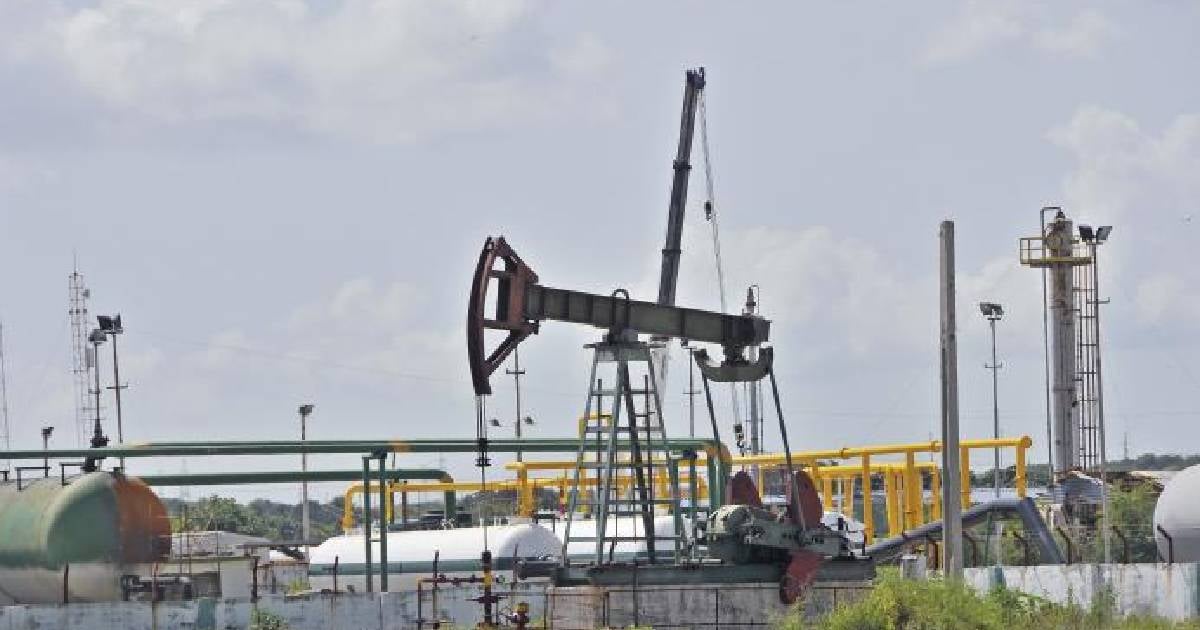
Related videos:
The Cuban government announced an oil drilling plan for 2025, which includes the execution of between three and five new wells as part of an exploratory campaign aimed at addressing the growing energy crisis in the country.
In statements to the state-run newspaper Granma, Osvaldo López Corso, head of the Exploration and Field Group of Unión Cuba-Petróleo (Cupet), explained that this project will aim to identify new deposits using seismic data in areas south of Varadero.
According to López Corso, this campaign is expected to yield several significant discoveries that could sustainably increase the national oil production.
It also highlighted the participation of foreign companies operating in Cuba, which plan to achieve new discoveries in the blocks they manage.
Despite the efforts, the energy outlook remains challenging. By the end of 2024, national crude oil production experienced a deficit of 138,028 tons, due to a lack of material resources and financing, which represented a compliance rate of 98.5% of the expected indicator.
Currently, Cuba produces around 40,000 barrels of oil daily, which covers only one third of domestic consumption.
López Corso noted that a large part of this production comes from the national oil strip, an area that has been exploited for more than five decades, highlighting the need to diversify and expand exploratory operations to ensure the country's energy sustainability.
Meanwhile, the reliance on imports to meet the majority of demand remains a critical point for the Cuban economy, additionally facing challenges arising from economic sanctions and limited foreign investment.
The implementation of this plan will be crucial for assessing whether the nation can progress towards greater energy autonomy in the coming years, as currently families suffer daily from blackouts across the country.
Goals and more goals
In September, the regime claimed that the Varadero VDW-1012 well, considered the longest in Cuba at a depth of 8,047 meters, is currently producing 300 tons of oil daily.
This well, in operation since April 2024, represents a significant technological advancement in hydrocarbon drilling in the country, or at least that is how the island's authorities emphasize it.
Frequently Asked Questions about the Energy Crisis and Cuba's Oil Plan
What is the Cuban government's plan to address the energy crisis in 2025?
The Cuban government plans to drill between three and five new oil wells in 2025 as part of an exploratory campaign to tackle the energy crisis. Furthermore, it aims to diversify the energy matrix by incorporating renewable sources such as solar and wind energy to reduce dependence on fuel imports.
How will drilling new oil wells affect Cuba's energy production?
It is expected that drilling new wells will increase national crude production and contribute to greater energy autonomy. However, the actual impact will depend on the ability to find new deposits and overcome the current technical and economic challenges.
What role do foreign companies play in Cuba's oil plan?
Foreign companies play a significant role in the oil drilling plan, participating in the operation of blocks and providing advanced technologies. Their collaboration is crucial for identifying new deposits and improving extraction techniques.
What are the main challenges Cuba faces in achieving greater energy autonomy?
The main challenges include a lack of material resources and financing, outdated infrastructure, and dependence on imports to meet energy demand. Additionally, economic sanctions and limited foreign investment complicate the situation.
Filed under: